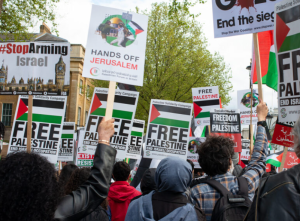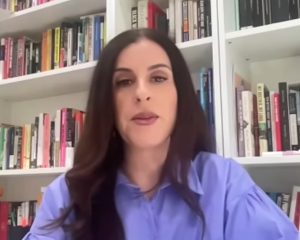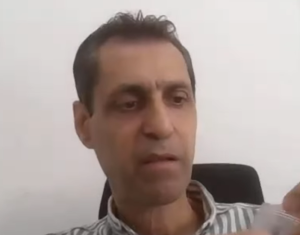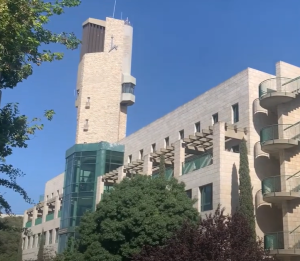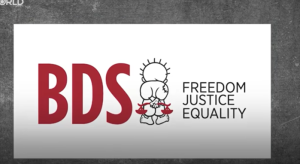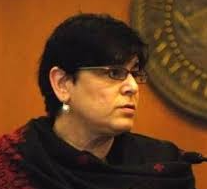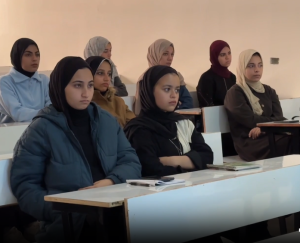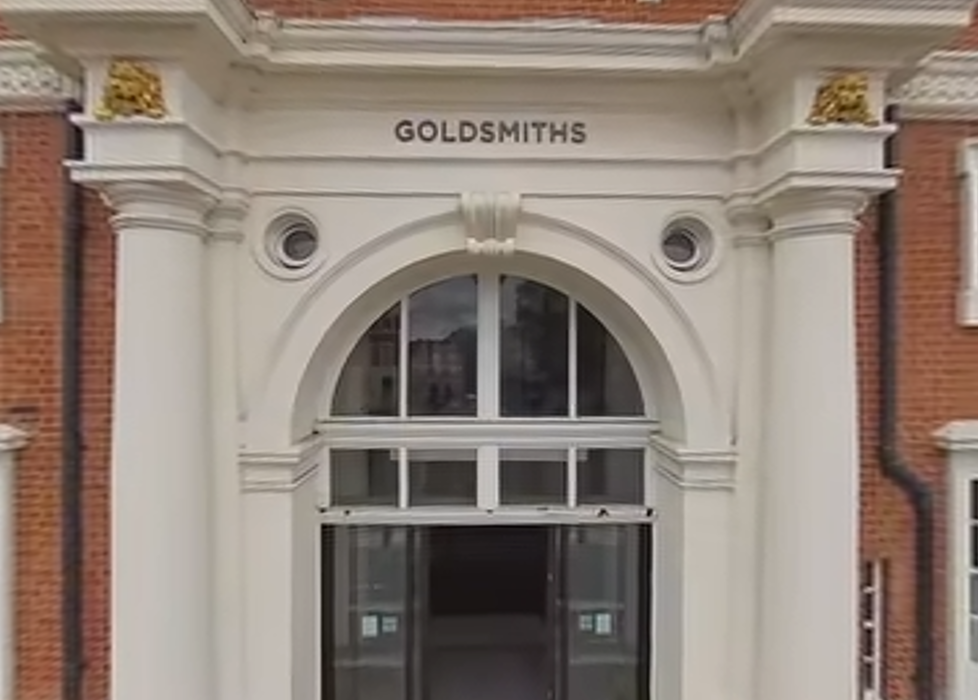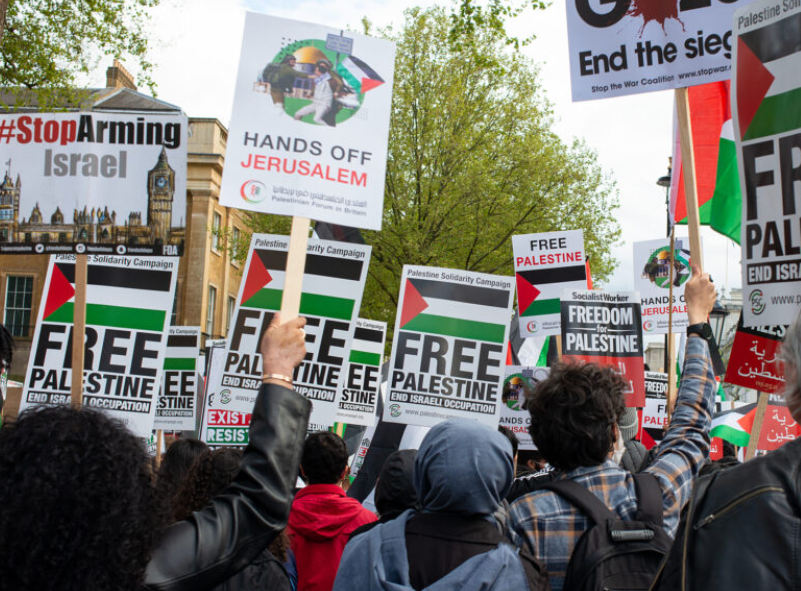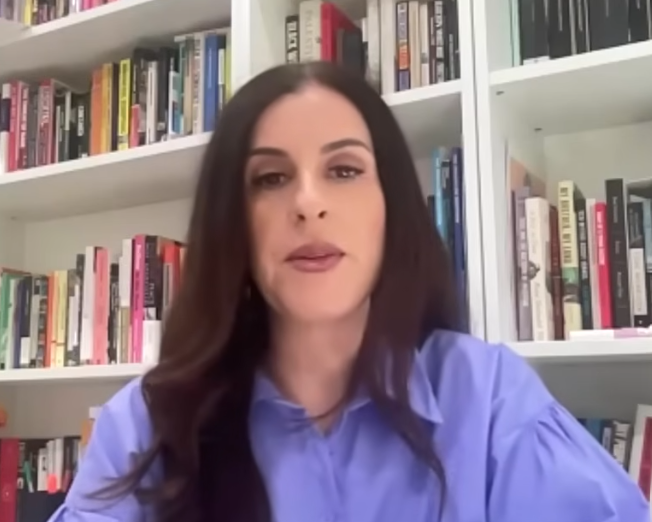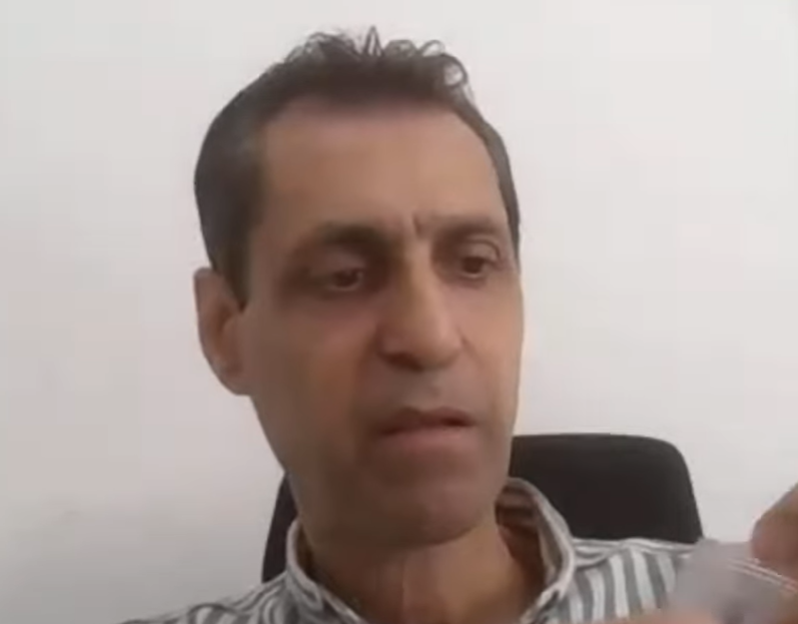6 November 2025
It’s the same old story. Pro-Israel academics at Goldsmiths University of London, alleging widespread antisemitism on campus, demanded an inquiry, counting on naive managers to share their conflation of anti-zionism and antisemitism. In response, the managers spent hundreds of thousands of pounds on a KC-led enquiry, then apparently having learned nothing from the exercise they turned to the same outside organisations that specialise in conflating anti-zionism and antisemitism to oversee mandatory antisemitism training for the faculty. And all the while they chose to ignore the views of anti-zionist Jewish academics on campus. The latter academics explain their frustration in this Times Higher Ed Supplement article.
As Jewish academics, we reject the weaponisation of antisemitism
Universities should adopt proportionate anti-racist measures informed by the diverse voices of those most affected, say Michael Rosen, Catherine Rottenberg and Des Freedman
November 6, 2025
Michael Rosen, Catherine Rottenberg Des Freedman
October’s horrendous attack on the Heaton Park Hebrew Congregation Synagogue in Manchester is just the latest reminder that antisemitism is alive and kicking in the UK.
As British Jews, however, we worry about the disproportionate attention given to antisemitism claims, which comprise about 2 per cent of all police-reported hate crimes nationally. We are also disturbed by efforts to cast criticism of Israel and its genocidal war in Gaza as antisemitic and then to weaponise this false notion of “antisemitism” to silence free speech.
This phenomenon is nowhere more apparent than on university campuses. Indeed, reading recent headlines – including the demand by education secretary Bridget Phillipson for universities to offer antisemitism training to all staff – one would be forgiven for thinking that antisemitism is the only form of racism present in UK universities.
A recent report on antisemitism at our workplace, Goldsmiths, University of London, did, in fact, find evidence that some Jewish staff and students had experienced antisemitism. It also found that university managers had failed in their duty fully to address these incidents. However, Mohinderpal Sethi KC, who drafted the report, published in May, also insisted on making the crucial distinction between antisemitism on the one hand and criticism of Israel, anti-Zionism and pro-Palestinian activities on the other.
What happened next is particularly revealing. Goldsmiths’ management ostensibly accepted the KC’s conclusions but then went on to draw up its own “action plan”, which featured a number of objectives – including mandatory antisemitism training for all staff – that went beyond the KC’s recommendations. Importantly, the college created the action plan without any consultation with staff and students and, most egregiously, without input from the university’s Jewish community.
It took a freedom of information request to discover that the plan was devised in consultation with a private consulting firm, Six Ravens Consulting. Instead of relying on a wealth of in-house expertise, Goldsmiths, which has been facing financial difficulties for some years, hired a firm that has no apparent background in issues concerning anti-racism or antisemitism.
In 2024, Edward Venning, founding partner of Six Ravens, wrote a Goldsmiths-sponsored report for the Higher Education Policy Institute on the need for university reform. Its introduction was written by Frances Corner, Goldsmiths’ vice-chancellor until she suddenly resigned at the beginning of October.
The antisemitism action plan proposes an “oversight and advisory group”, to be composed exclusively of external bodies. Initially, the only organisations named included the Board of Deputies of British Jews, the Community Security Trust and the Union of Jewish Students – all groups that support the false and dangerous conflation of criticism of Israel with antisemitism. Not a single progressive Jewish organisation was named in the action plan before the college succumbed to pressure and broadened the membership.
We are part of a group of more than a dozen Jewish staff members who are concerned about how antisemitism has been addressed in a plan whose formulation was marred by a lack of transparency and consultation. For example, the senior manager tasked with overseeing the process refused to meet with our group until after the plan’s governance structure was settled, presumably confident he knows what is best for Jews on campus. In an academic setting, this is called paternalism 101.
Goldsmiths appears to be singling out antisemitism, rather than seeing it as part of a broader struggle against racism. The university rightly made an announcement about additional security measures following the Manchester synagogue attack but singularly failed to say anything to reassure Muslim students after what the police called a “shocking” attack on a mosque in Peacehaven the same month. This is an example of the disturbing “hierarchy of racism” identified by Martin Forde KC in his 2022 report on racism inside the Labour Party.
Politicians, regulators and universities such as Goldsmiths are in danger of fanning the flames of antisemitism by wielding its threat to silence – and, in the case of the government, to criminalise – pro-Palestinian voices. It is hardly a coincidence that the Goldsmiths action plan will review its protest guidance or that the college has just announced its intention to revise its code of conduct to clamp down on “negative behaviours”.
Weaponising antisemitism risks replicating the very problem it seeks to highlight: the essentialising and stereotyping of Jewish people. For example, while Keir Starmer saw evidence of antisemitism in the decision of Birmingham’s Safety Advisory Group to ban Maccabi Tel Aviv fans from their club’s European football fixture against Aston Villa this evening, the real reason for the decision was Maccabi fans’ track record of violent behaviour and abuse of Palestinians. Indeed, holding all Jewish people collectively responsible for the actions of the Israeli state is widely seen to be a key feature of antisemitism.
This weaponisation of antisemitism also plays into the hands of political forces keen on denying and deflecting attention away from the genocidal violence inflicted by Israel on Palestinians in Gaza and the West Bank. This is one element in a very long history of UK complicity in Palestinian dispossession that undermines the very real need to combat hate crimes and real antisemitism.
Effective action plans to challenge antisemitism can’t be demanded by prime ministers or vice-chancellors. They require considered, inclusive and proportionate measures based on the participation of the diverse voices of those most immediately affected.
The Jewish community doesn’t speak with one voice. But it seems that only one part of the community – the part most closely supportive of Israel’s actions – is currently being listened to.
Michael Rosen is professor of children’s literature, Catherine Rottenberg is professor in the Department of Media, Communications and Cultural Studies and Des Freedman is professor of media and communication studies, all at Goldsmith’s, University of London.

